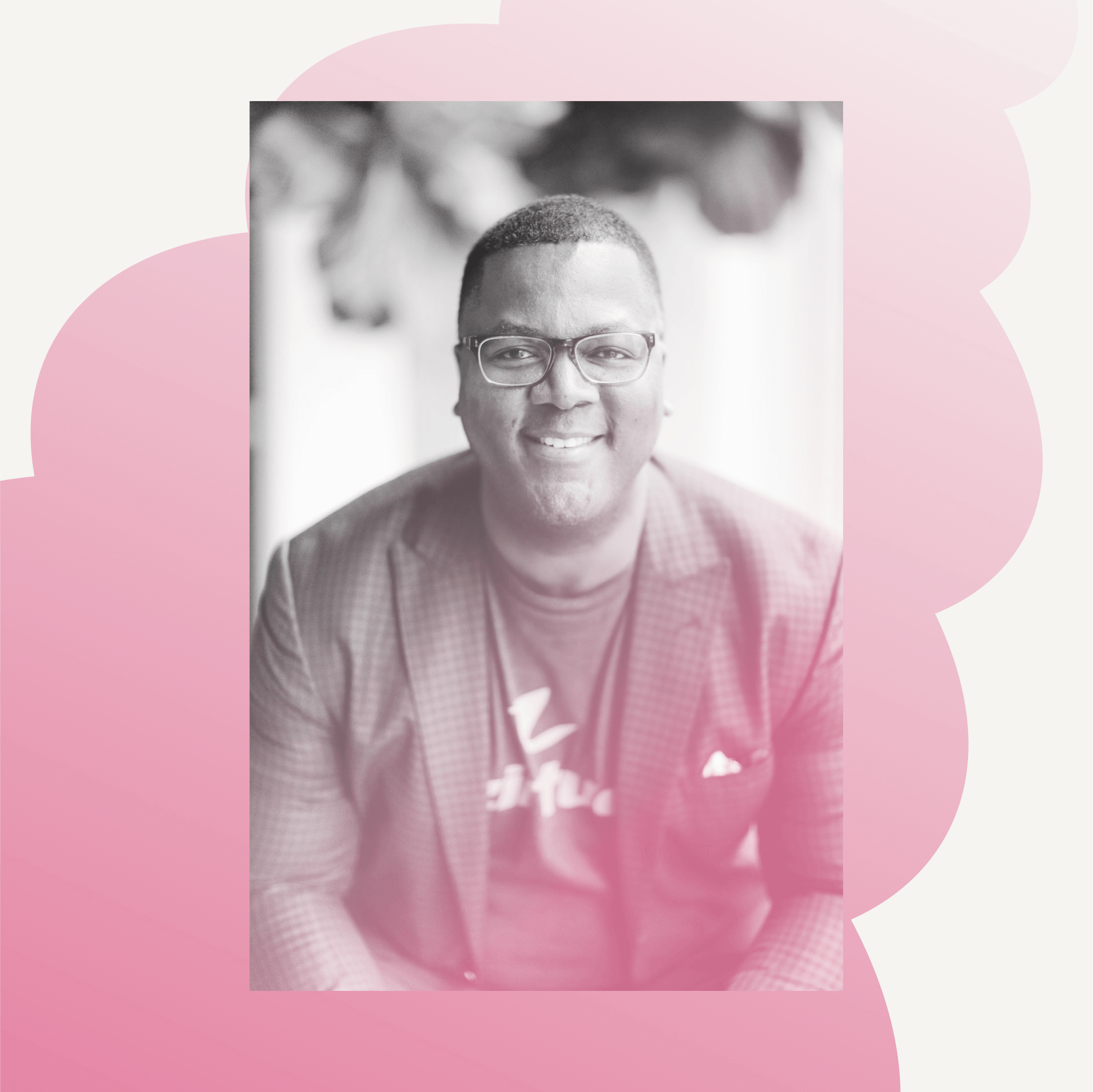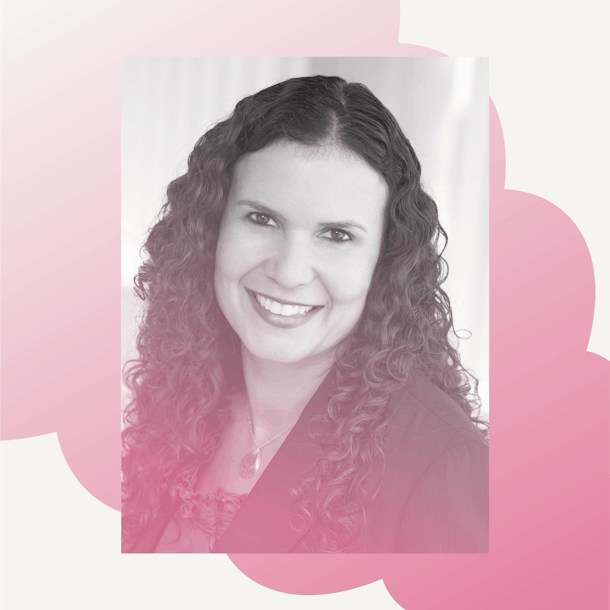Listen›Real Quick
Taking on predatory lending and closing the wealth gap

You wouldn’t think a founder whose regular coffee order is a quad cappuccino would be a man of few words, but Dennis Cail is the exception. He chooses his words with intention, and in this conversation with Izzy, the result is an inspiring glimpse into his background and his company, Zirtue.
With a professional path that included prior roles in the U.S. Navy and IBM, Dennis is building a business that formalizes the process of lending between friends and family and eliminates the negative impact of the predatory lending industry. In this episode, Dennis offers up the personal experiences that have shaped the company, his thoughts on generational wealth, and the impact he hopes to have through Zirtue’s double bottom line.
Must-listen moments:
2:52 — The beginnings
“I grew up in low-income public housing in Monroe, Louisiana. We didn't have banks or credit unions in my neighborhood, but we had several liquor stores that would cash your check for 30% of whatever your check was. So, even at seven years old, eight years old, I knew that was bad math.”
5:09 — The double bottom line
“There are financial KPIs that we measure, but there are also social impact KPIs that we measure as well. Because one of the things that I tell all of our investors is that Zirtue’s not about charity; we’re all about giving people a chance. We can help people find multiple paths to success by leaning on their friends and family if and when they need that financial lifeline, so they become more responsible, help build their credit, and more importantly, protect themselves from negative impacts to their credit score.”
10:25 — Overcoming dehumanization
“I think, unfortunately, we live in a world where we demonize each other and, in some cases, dehumanize each other. And I believe this dehumanization has contributed to the expansion of the wealth gap, so we have to solve for that. Whether you call that political or social, or whatever it may be — to me, it’s economical. Everything comes back to economics.”



